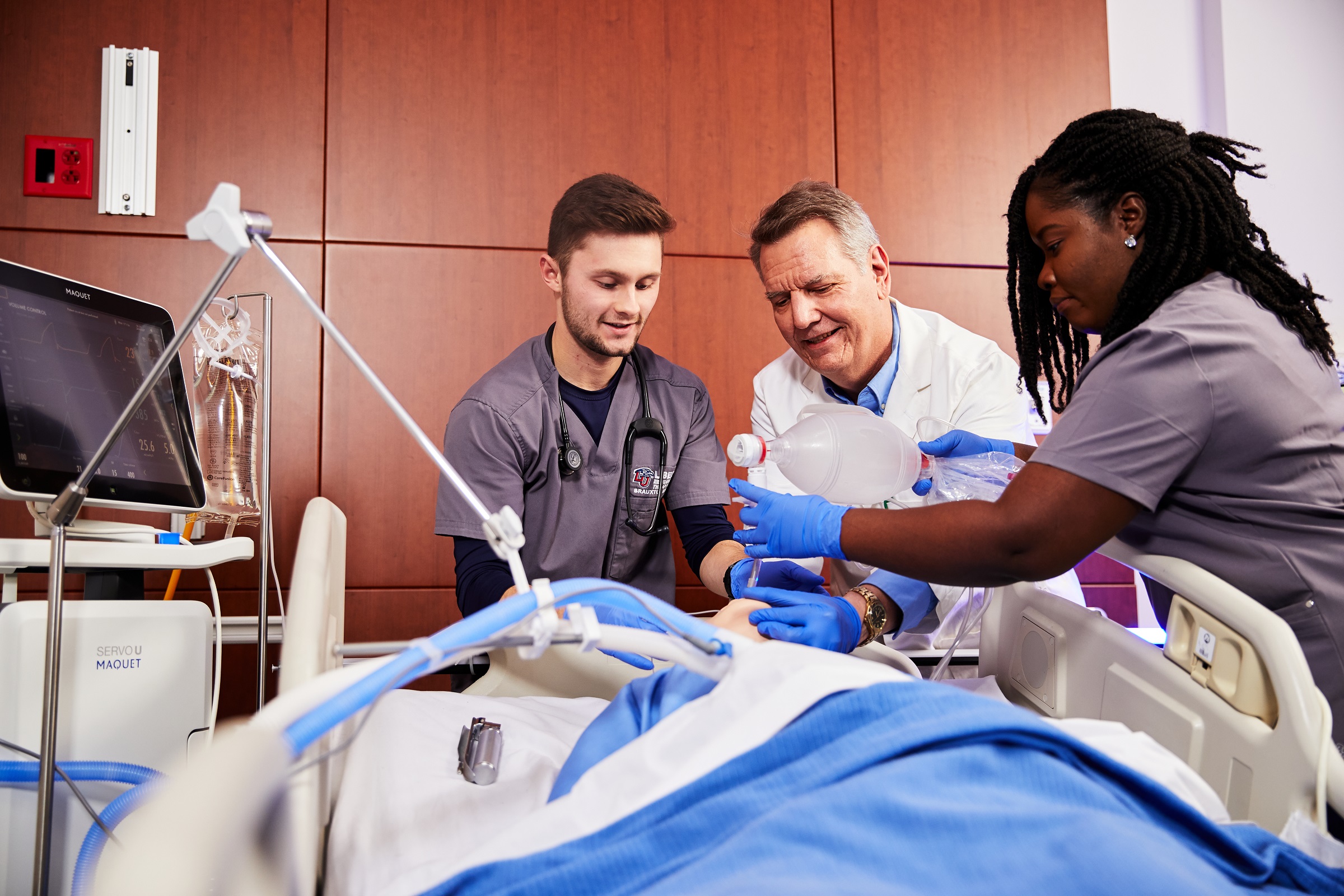
Bachelor of Science in Respiratory Therapy
Prepare for a Career in Healthcare with Liberty’s Respiratory Therapist Degree
Are you passionate about helping people in their time of need? Do you want to launch a career in healthcare without necessarily becoming a nurse or doctor? If that sounds like you, Liberty’s Bachelor of Science in Respiratory Therapy (BSRT) can help!
In our respiratory therapy bachelor’s program, you can explore topics in respiratory care and discover how to serve your patients with grace, empathy, and skill. Our goal is to help you become a respiratory therapist to make a difference in your community and beyond.
Are you ready to pursue your goal of working in respiratory rehabilitation and therapy? If so, apply today! We can help you gain credentials, experience, and training to help prepare you for a career in this booming field.
If you already have a Registered Respiratory Therapist (RRT) credential, Liberty’s online BS in Respiratory Therapy – RRT to BSRT may be the best fit for you.
Credit Hours
View CoursesNext start date: Aug 24, 2026
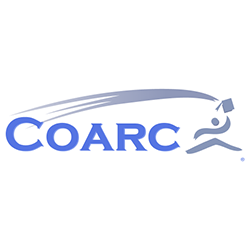
COARC Accredited
Highlights
Highlights of Our Bachelor’s in Respiratory Therapy School Program
Industry-Relevant Skills
Discover how to operate many of the same tools used by industry professionals. Through hands-on projects and lab-based learning, you can gain practical experience with current technologies and methodologies. This exposure can help prepare you to transition confidently into a variety of professional settings after graduation.
Hands-On Training
Gain hands-on experience by completing labs and clinical education courses. These immersive learning opportunities can help you apply theoretical knowledge in real-world settings while developing critical skills in assessment, communication, and problem-solving. Working alongside experienced professionals, you can also gain insights into best practices in your field.
Experienced Faculty Mentorship
Receive respiratory therapist training from faculty with years of experience in academia and the professional world. Their combined clinical and instructional expertise can offer you a well-rounded perspective on current practices in respiratory care. By learning from seasoned professionals, you can build a strong foundation in both technical skills and patient-centered care.
Faith-Based Perspective
Analyze science from a biblical perspective and train to lead as a Champion for Christ in your future career. Through a curriculum that integrates faith and scientific inquiry, you can explore how Christian values intersect with advancements in health and technology. This foundation can prepare you to approach your profession with integrity, compassion, and a commitment to serving others.
Career Potential
What Can You Do with a Bachelor’s in Respiratory Therapy?
Liberty University’s Bachelor of Science in Respiratory Therapy can help prepare you to pursue the following occupations:
- Adult critical care
- Case manager
- Clinical specialist
- Director
- Disease manager
- Generalist care
- Home care
- Neonatal/pediatric care
- Pulmonary/cardiac rehabilitation
- Pulmonary function testing
- Researcher
- Sleep medicine
- Supervisor
- Transport

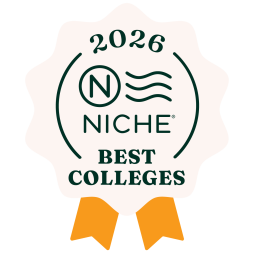
#2 Best College Campus in America
At Liberty, you’ll find an affordable, high-quality education designed to help equip students like you for the real world. Our commitment to excellence has earned us recognition as the #2 Best College Campus in America by Niche.com for 2026.
Earning your degree from a nonprofit university with state-of-the-art resources like ours can help set you apart from your peers.
Courses
What Will You Study in Our BS in Respiratory Therapy Program?
Our respiratory therapy courses cover topics like medical terminology, pharmacology, equipment and techniques, artificial ventilation, and pulmonary disease management. You will also learn how to treat various populations and provide proper care to your patients.
At Liberty, you’ll learn from the best. Your clinical training will take place under the supervision of a preceptor. Additionally, you’ll study under faculty who have years of experience in healthcare and respiratory therapy. You will also get to network with healthcare professionals as you train with therapists, physicians, and nurses.
Our respiratory therapist education program is designed to help you prepare to do the following:
- Administer therapeutic inhaled gases like oxygen, nitric oxide, and helium.
- Analyze breath and blood specimens.
- Educate patients and families about lung disease.
- Help diagnose lung and breathing disorders.
- Manage ventilators and artificial airway devices.
- Perform airway clearance therapy.
- Perform physical exams.
- Provide inhalation medications.
- Respond to Code Blue and other urgent calls.
Additional Degree Information
Featured Respiratory Therapy Courses
RESP 302 – Respiratory Care Equipment and Techniques
RESP 320 – Neonatal Respiratory Care
RESP 324 – Respiratory Pharmacology
RESP 408 – Pulmonary Disease Management
Degree Information
- This program falls under the School of Health Sciences.
- View the Degree Completion Plan
- Check out our course catalog
- Transfer in up to 44% of the degree total
CoARC Accreditation
The BS Degree Entry into Respiratory Therapy Practice, CoARC program number 200640, BS in Respiratory Therapy, in Lynchburg, Virginia, the program holds Provisional Accreditation from the Commission on Accreditation for Respiratory Care (www.coarc.com).
This status signifies that a program with an Approval of Intent has demonstrated sufficient compliance with the Standards (through submission of an acceptable Provisional Accreditation Self Study Report (PSSR) and any other documentation required by the CoARC, as well as satisfactory completion of an initial on-site visit, to be allowed to admit students. It is recognized as an accredited program by the National Board for Respiratory Care (NBRC), which provides enrolled students who complete the program with eligibility for the Respiratory Care Credentialing Examination(s). The program will remain on Provisional Accreditation until it achieves Continuing Accreditation.
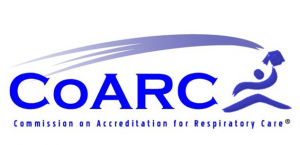
The CoARC’s outcomes webpage https://coarc.com/students/programmatic-outcomes-data/
CoARC accredits respiratory therapy education programs in the United States. To achieve this end, it utilizes an outcomes-based process. Programmatic outcomes are performance indicators that reflect the extent to which the educational goals of the program are achieved and by which program effectiveness is documented.
BENEFITS
Why Choose Liberty’s Respiratory Care Bachelor’s Degree?
Relevant, Hands-On Training
Liberty University’s respiratory therapy education degree helps you stay current with modern healthcare practices and trends. Our program blends theoretical knowledge with practical training through seminars, labs, and clinical courses – helping to equip you to address major challenges in respiratory care and apply your skills in real-world settings.
Faith-Based Approach
Our mission is to Train Champions for Christ. All courses are taught from a biblical perspective, helping you navigate moral issues and incorporate ethical principles alongside industry best practices. We’re committed to preparing you not just for a career, but for a meaningful life of service to God and others.
Campus Community and Student Life
We want your time on campus to be fulfilling both academically and socially. Take part in weekly convocations, campus church, and small groups to grow spiritually. With over 100 student-led clubs, you’ll have plenty of chances to connect with peers, explore your interests, and build lasting friendships.
Career Preparation and Outlook
Upon graduation, we want you to be well-prepared to sit for national board exams, become registered as a respiratory therapist, and take specialty exams in perinatal/pediatric care and pulmonary function technology. With a projected job growth rate of 13% until 2033, respiratory therapy offers strong career opportunities in a rapidly expanding field.*
*Bureau of Labor Statistics, U.S. Department of Labor, at Respiratory Therapists (viewed online June 4, 2025). Projections may not reflect local or short-term job conditions.
Admissions
How Do You Become a Bachelor’s in Respiratory Therapy Student?
Every application is reviewed by the admission committee on a case-by-case basis, meaning there are no set minimums for acceptance. However, all applicants must submit the following documents* for admission:
- Admission application
- Official high school transcripts
- Official college transcripts (if applicable)
- Admission essay
Selection Process (Entry to Practice)
- The residential Respiratory Therapy program is both competitive and selective. You’ll go through 2 application processes following the pre-professional phase of the program. Initial acceptance will only occur after final grades for the freshman spring semester are confirmed by the Registrar’s Office. Due by April 15 to the RT Program Director. Full acceptance is considered following our receipt of your final grades for the sophomore year.
- For more detailed information on the Bachelor of Science in Respiratory Therapy residential program, please see our BSRT Handbook.
Results from the CLT, SAT, or ACT are not required for admission, but may be used in consideration for merit-based aid.
*Note that additional documentation may be requested by the admission committee after your application has been received.
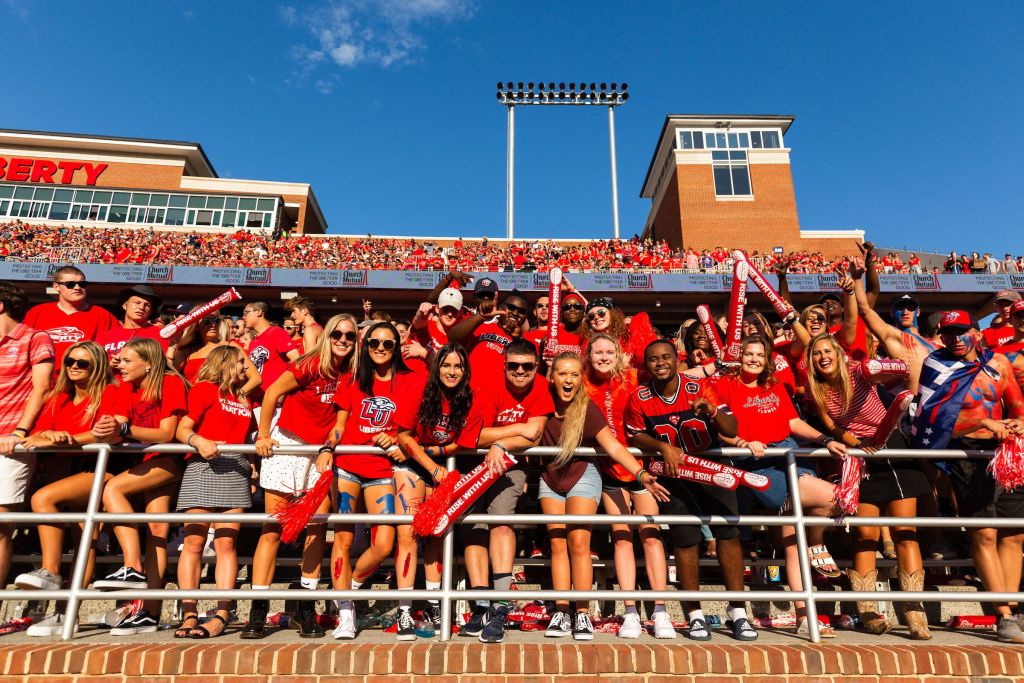
Have Questions?
We’ll make sure you have the information you need to take your next step.